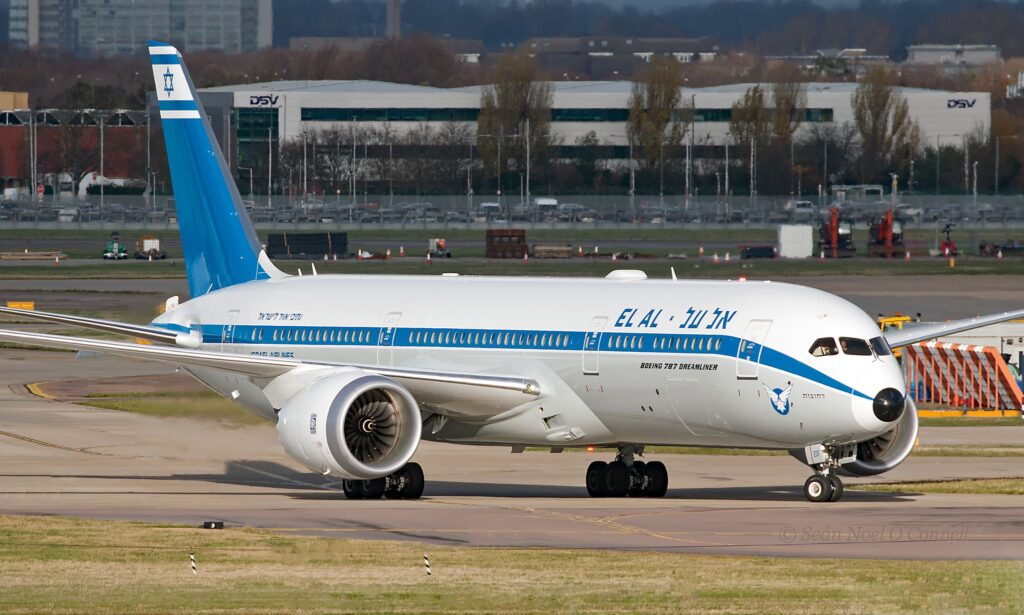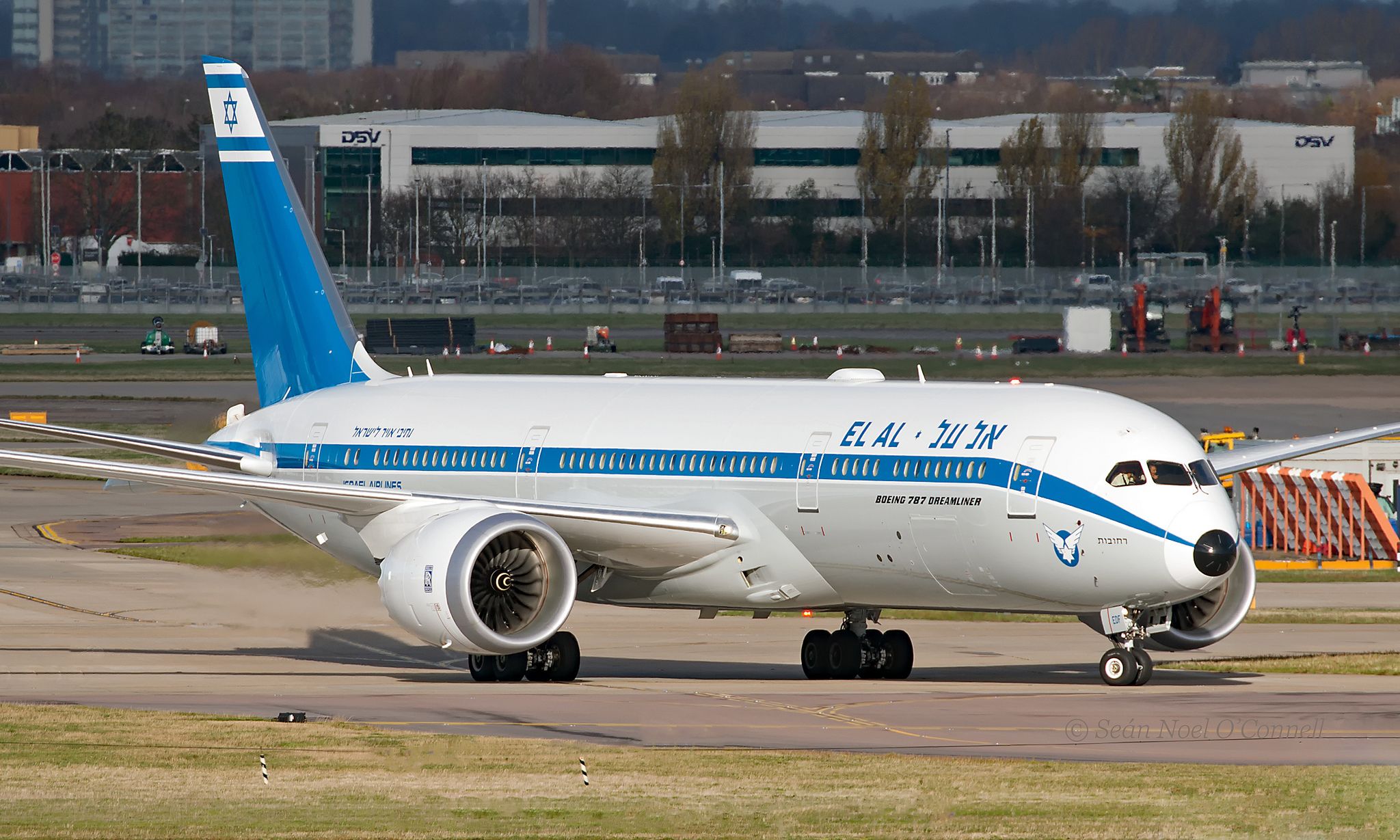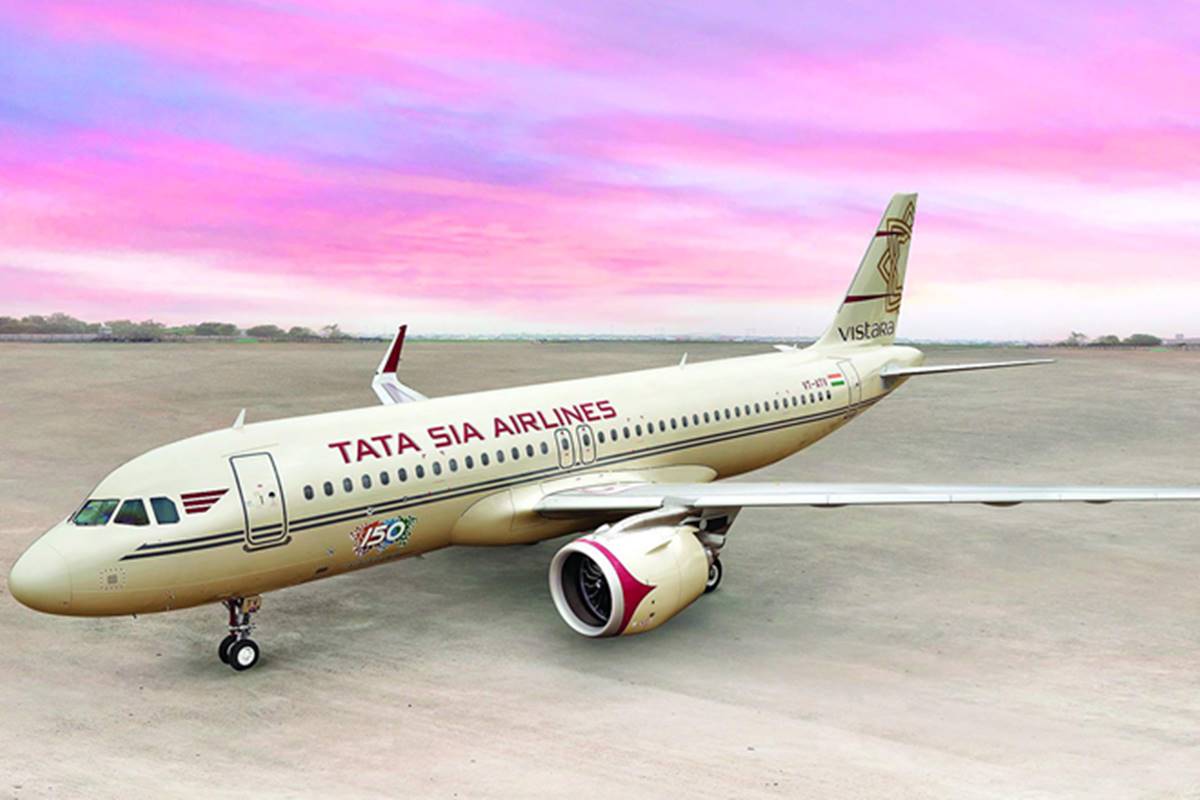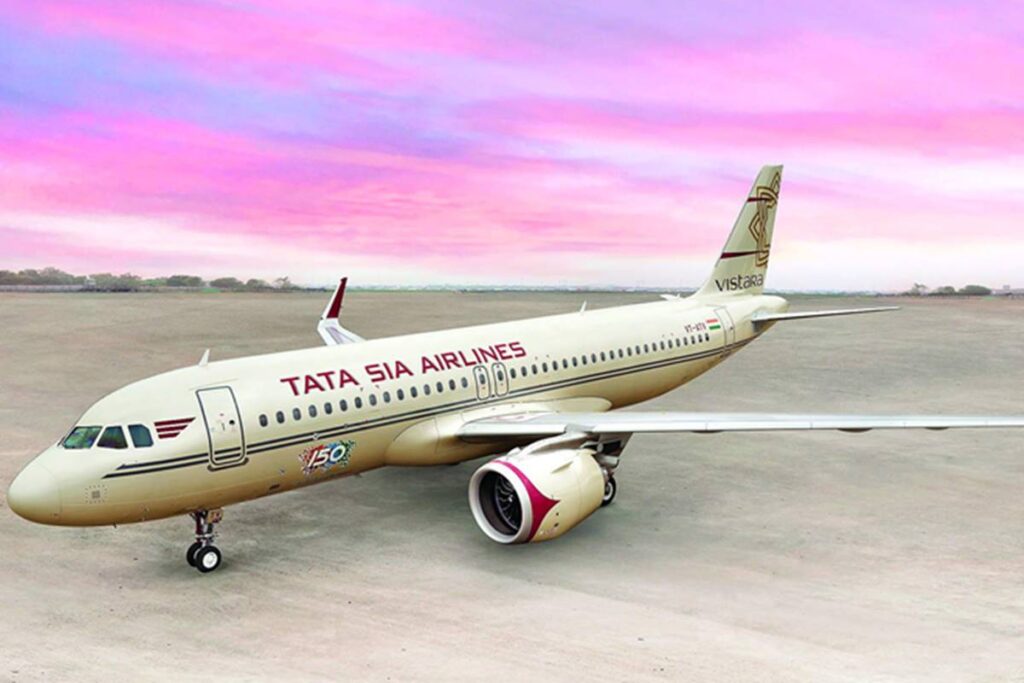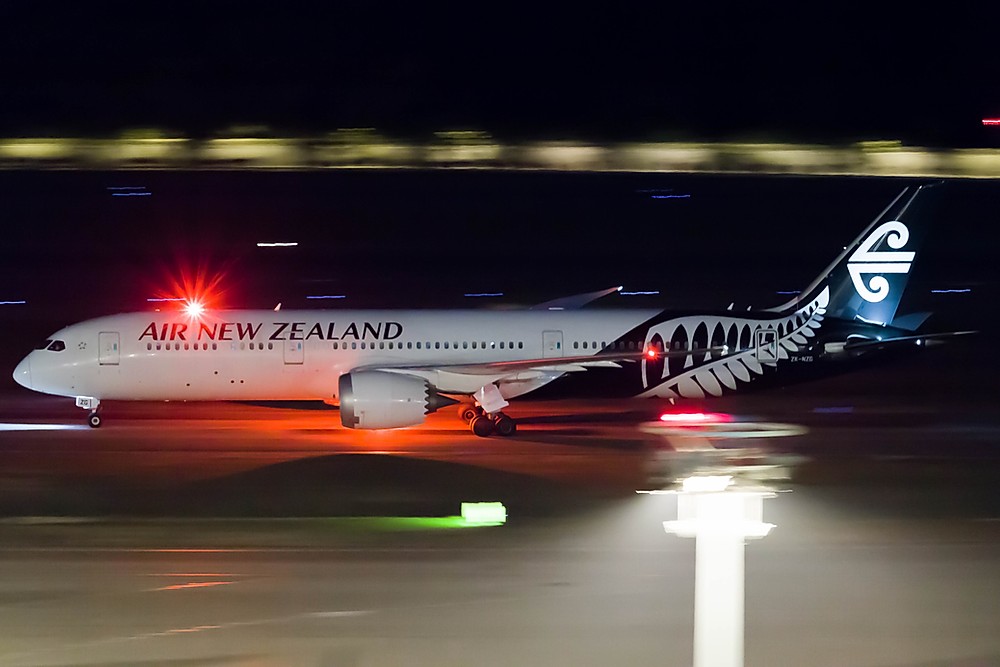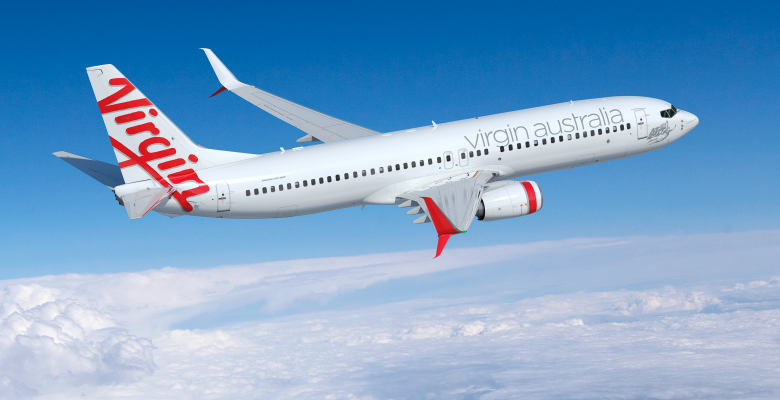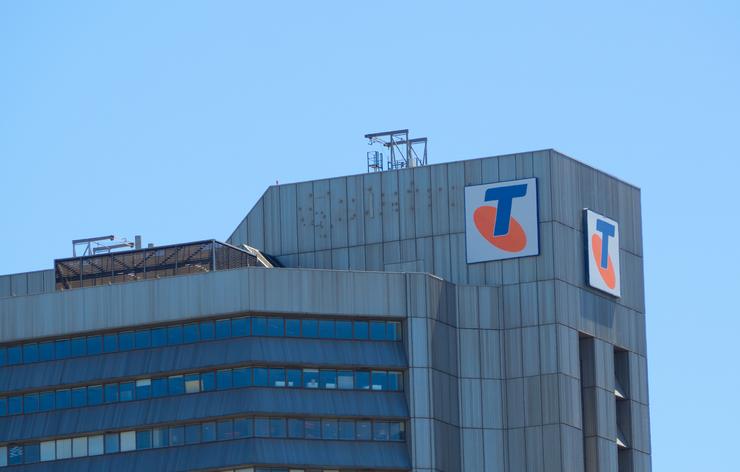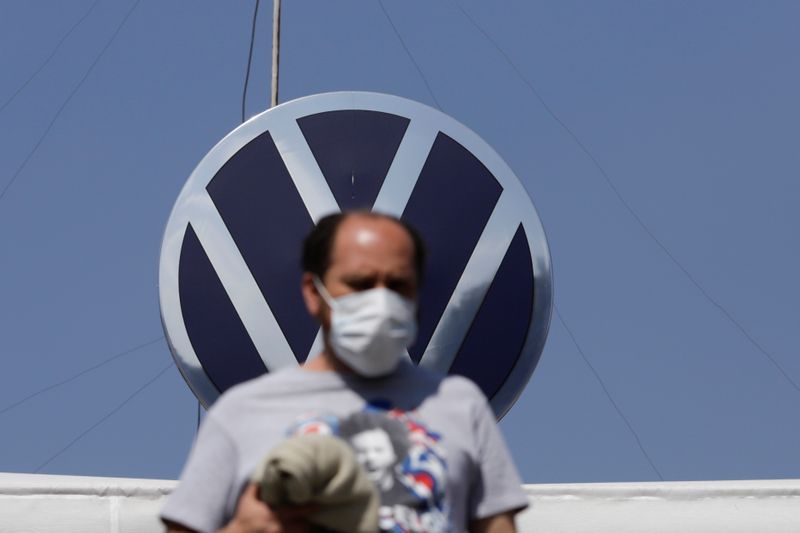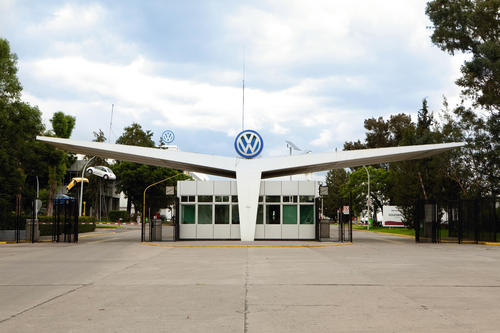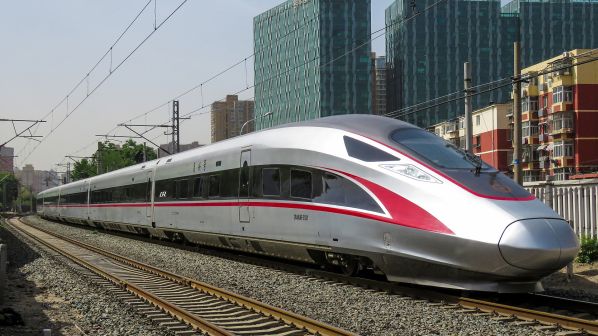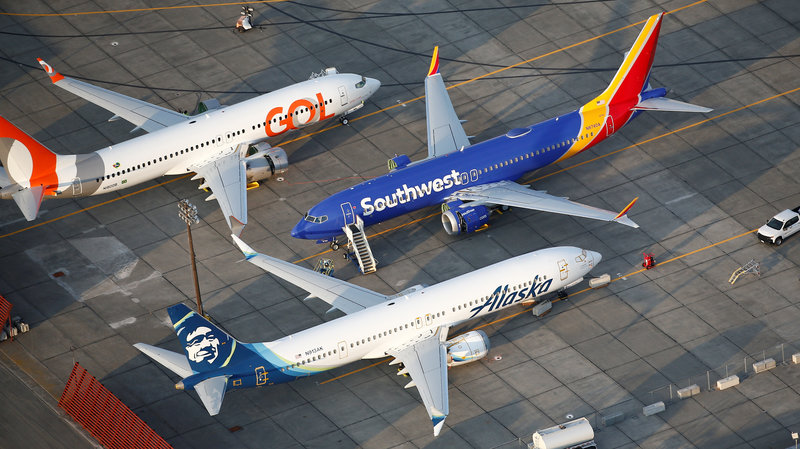TEL AVIV, Sept 16 (Reuters) – Cash-strapped El Al Israel Airlines raised $148 million in a government-mandated share offering on Wednesday that will enable it to receive a state bailout package.
In a regulatory filing in Tel Aviv, Israel’s flag carrier said it sold 753.35 million new shares at 0.671 shekels ($0.1963) each.
Its stock earlier had closed 5.6% higher at 0.774 shekel.
Demand reached 654 million shekels while El Al accepted 505 million shekels ($148 million) worth.
El Al did not give further details of the offering which took the total number of shares outstanding to above 1.2 million.
But Israeli media reported that Eli Rozenberg had obtained a controlling stake via the offering, with 44.9% of the airline’s shares. He is the son of American businessman Kenny Rozenberg, CEO of New York-based nursing home chain Centers Health Care.
Rozenberg in July had offered to funnel $75 million into the airline in return for a 44.99% stake.
An El Al spokesman said he could not immediately confirm the reports about Rozenberg’s bid.
Newspapers said the state’s overall stake would now be as much as 15.5%, while the current controlling shareholder – Knafaim Holdings – would see its stake fall to about 15%.
Israel’s Finance Ministry said it paid $34 million for its shares and that although it pledged a $150 million safety net, it was barely needed.
“The results of the offering express investors’ trust in the company’s business plan and in state aid,” it said in a statement.
El Al has been hit hard by the coronavirus outbreak and the government has for months offered to intervene to help it avoid bankruptcy.
That has included mandating a share offering and steep spending reductions to receive a $250 million loan that will be 75% backed by the government and used partly to pay back customers whose flights were cancelled.
The airline has reported losses for two years running, racked up debt to renew its fleet, and suspended flights when Israel closed its borders and furloughed most of its employees.
($1 = 3.4185 shekels) (Reporting by Rami Ayyub and Steven Scheer; Editing by Andrew Cawthorne)
